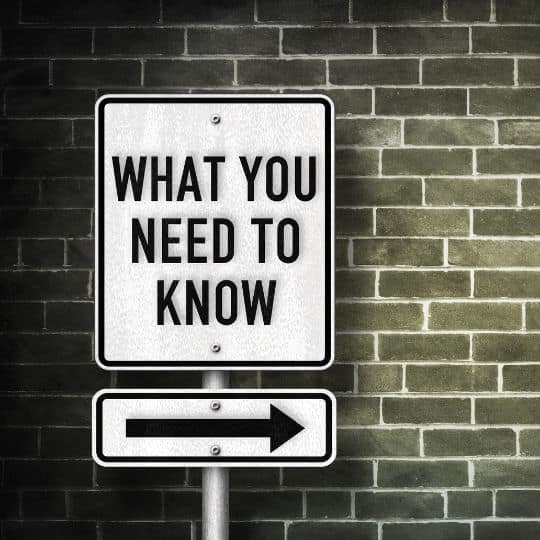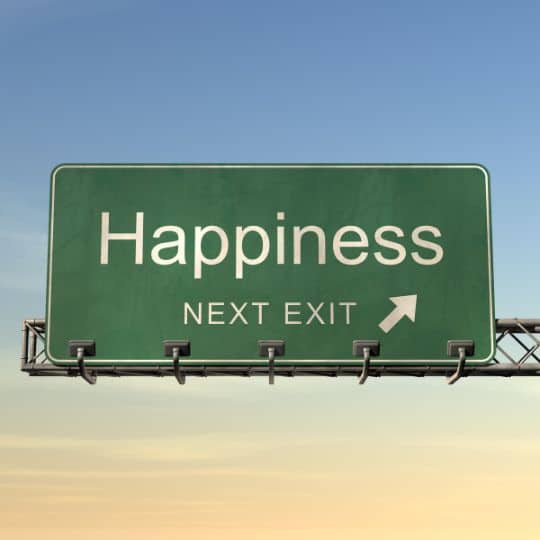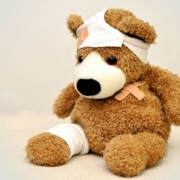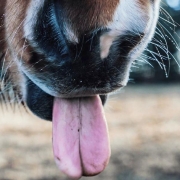CBD Withdrawal: Are there Symptoms?
Estimated reading time: 6 minutes
CBD Withdrawal: In the last few years, the number of people taking CBD has grown by a huge amount. The question of how to stop taking CBD seems to come up more and more often. People who say they are going through CBD withdrawal have been popping up now and then. However, only in the strange and wonderful world of internet groups and rumour mills. So, we thought now would be a good time to give you some more facts. We will put an end to these lies for good.
What is CBD?
CBD, or cannabidiol, is a drug that comes from the hemp plant. There are many different cannabinoids in the hemp or cannabis plant, and each one has its own effects. CBD's well-known cannabinoid cousin THC, for example, is what makes people feel high when they smoke or eat weed in its full form.
CBD, on the other hand, is extracted for its health and wellbeing uses. Some of the main reasons people take CBD include:
- Pain management,
- Inflammation reduction,
- Relief from stress and anxiety,
- Anti-depression,
- Weight and diet control,
- Epilepsy medication,
- Better sleep
As you can see, CBD is a very complex cannabinoid with a huge range of benefits. It has a massive potential to impact you and your body in a very positive way.
Is CBD Addictive?
So, the first thing we want to address is whether CBD is addictive or not. Generally speaking, for someone to suffer from withdrawal to a substance, it must first be addictive.
CBD IS NOT ADDICTIVE!
CBD has never been shown to be an addictive compound and can be taken in very high strengths and dosages without any risk of addiction. The World Health Organisation state:
“…evidence from well-controlled human experimental research indicates that CBD is not associated with abuse potential.”
In fact, CBD is often used to help aid recovery from other addictive substances like alcohol, usually by helping to reduce the associated side effects of withdrawal. You can read our full article on CBD and addiction by clicking here.
So, if we use addiction as the benchmark for withdrawal, you could make the case that nobody can suffer from CBD withdrawal because it is not addictive.
What is CBD Withdrawal?

So, if CBD isn't remotely addictive, why do some people believe that they are suffering from CBD withdrawal symptoms when they stop taking it?
We'll start by saying that we don't want to doubt people's individual experiences. However, the question of CBD withdrawal is a bit more complicated than it might first seem.
Tolerance to CBD
When you take anything for a prolonged period, your body can adapt, and you may find you build a tolerance to it. For example, regular caffeine users can find that they don't feel the buzz they would have felt the first time using it. But, again, this can vary from person to person.
However, when you build a tolerance to certain substances (like caffeine), you tend to notice its effects less and less. That is, until you stop taking it. Sticking with caffeine as an example, people who go cold turkey can find themselves feeling very sluggish and unable to concentrate like they could when they were taking it.
CBD, on the other hand, doesn't appear to work in the same way. In fact, when you take CBD for extended periods of time, a process called reverse tolerance takes place. Reverse tolerance means that you may find yourself needing less and less instead of more and more. The University of Fukuoka found this may be because of the way the CBD indirectly works with your endocannabinoid system and its CB1 and CB2 receptors.
So, where does the question of CBD tolerance and withdrawal come from?
When You Stop Taking CBD, What Happens?

As we said at the beginning of this piece, most people start using CBD-based products to help ease the symptoms of different illnesses or conditions. A person who has never taken CBD before would usually start with a small dose of a lower strength CBD and slowly increase it until they find the right balance or feel its benefits. Some people may find this to be quite a high amount or strength, but because of the reverse tolerance effect, many find that they can also taper back down.
But when some people stop taking CBD, the problem (or problems) they were having before may start to come back. Also, because CBD has such a wide range of affects, it may have been helping a person in other ways without them even realising it.
For example, someone who started taking CBD to help with pain after getting sick or hurt might have also slept better. But after a while, this better sleep starts to feel like the standard, and when they stop taking CBD, their sleep might get worse again.
This can make some people think they need CBD to keep their quality of life, and when they stop, they may mistakenly think they are going through withdrawal.
The Conclusion

There is definitely a big difference between choosing to continue taking CBD for symptom relief and being addicted to it. Research shows that CBD is not addictive, and evidence suggests that tolerance formation is not possible (or is very rare) when using CBD.
The confusion surrounding withdrawal from CBD most likely comes from the redevelopment of pre-existing symptoms that were being helped when taking CBD. Thankfully, because CBD is non-addictive and side-effect-free, there is nothing stopping a person from safely taking CBD for as long as they need symptom relief.
We hope you've found this blog helpful, and it answered any questions you might have. However, please feel free to contact our wonderful team who will be more than happy to help if you have any further questions. Alternatively, check out our blog page, where we have hundreds of posts regarding all things CBD related.
The Real CBD products

I am a certified expert in Medicinal Cannabis. We are all about giving correct and trustworthy information. We know how important it is to learn about CBD and cannabis, which is why we want to be your go-to source for trustworthy information. We help you improve your health by using our knowledge and experience as a starting point.













Leave a Reply
Want to join the discussion?Feel free to contribute!